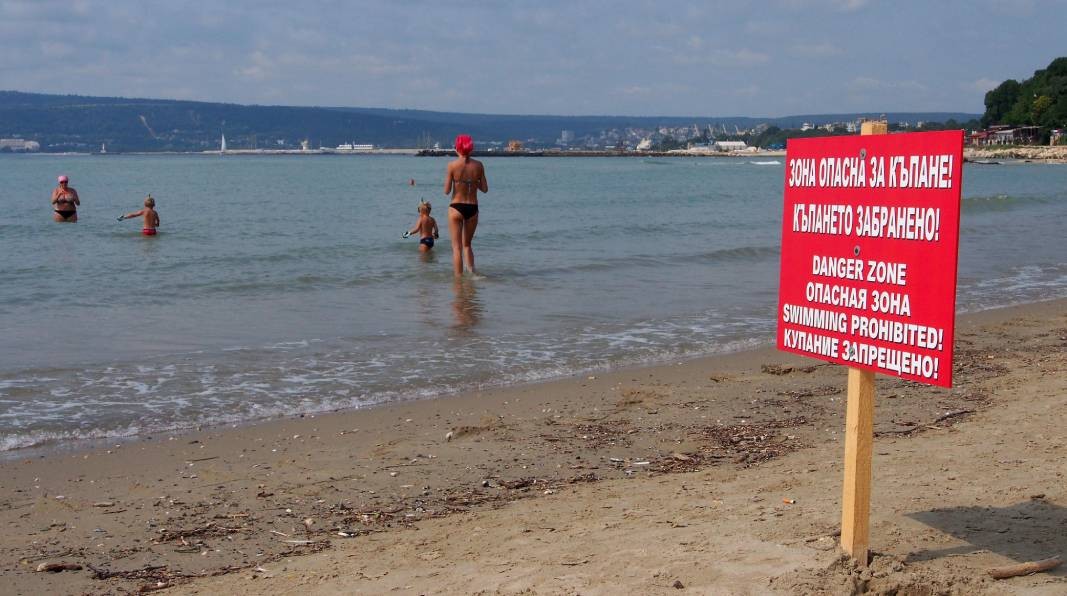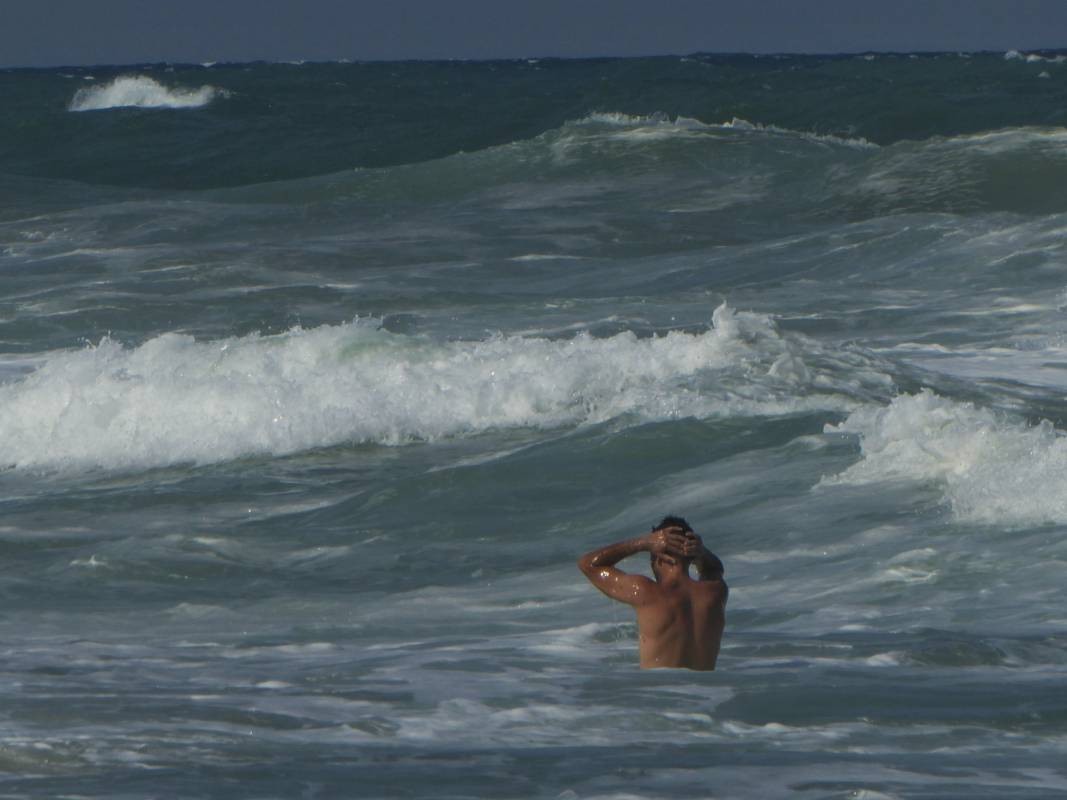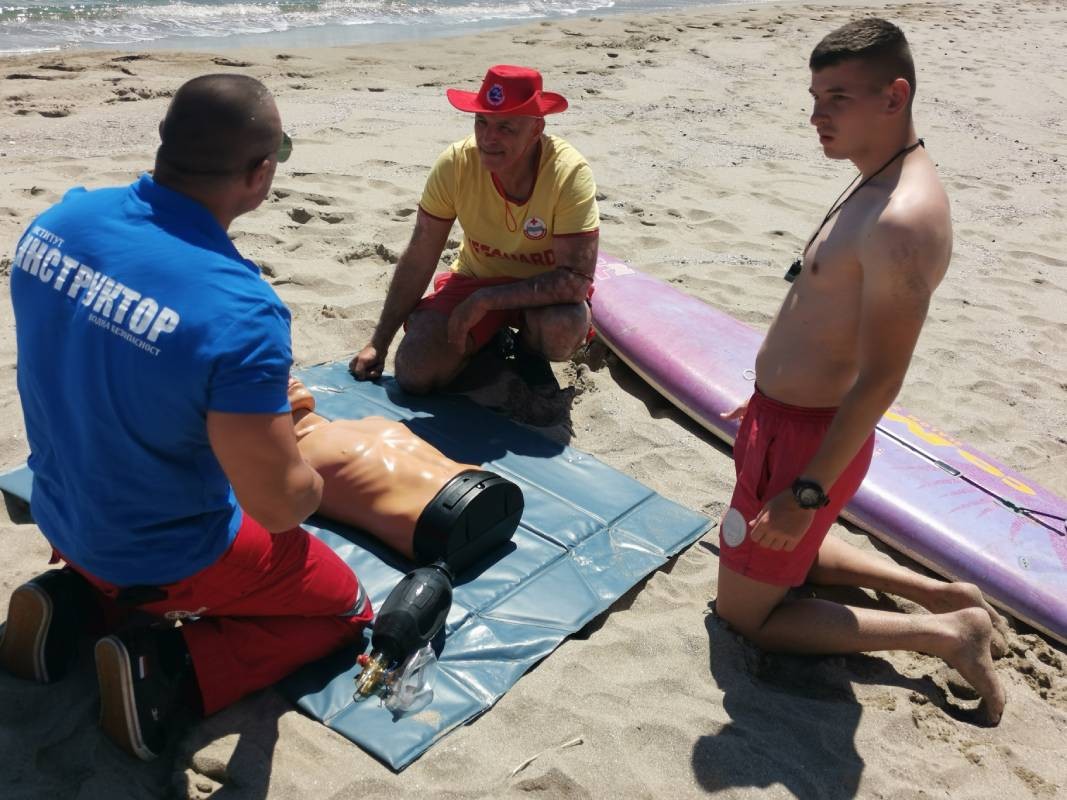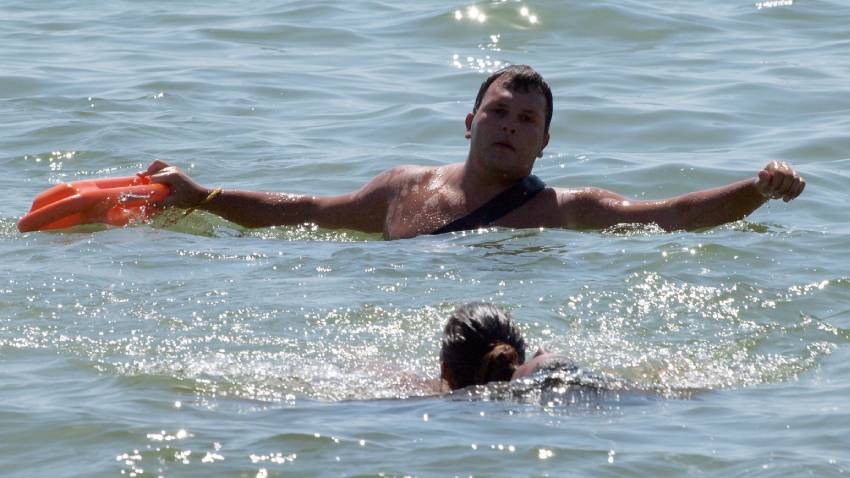The summer and the heatwaves that have engulfed the concrete jungles we inhabit drive most people to seek more frequent and longer-lasting coolness by various waterbodies and, of course, at the Black Sea coast. However, upon arriving at the beach, some people decide that they have the right to rest undisturbed as they see fit, sometimes even in defiance of the regulations of the accommodation places. Conflicts often arise on the beach with various vendors and even lifeguards, whose safety recommendations are ignored. In 2023, a total of 5,753 citizens received help from lifeguards on the Bulgarian beaches. 767 people have been trained to take up this important profession.

What are the most common causes of water accidents? Milena Sirakova, director of the Bulgarian Red Cross in Varna, has more:
''The highest-risk group consists of men aged between 50 and 60. Incidents with women resulting in fatalities are much less frequent. Fatalities are caused by health-related problems such as heart attacks or strokes, alcohol consumption, failure to adhere to safety rules, going in the water when there is a red flag, etc.''

If you are going on holiday to the seaside in August, the Society of Water Rescue Specialists of the Bulgarian Red Cross-Varna recommends that you strictly adhere to the lifeguards' instructions, as there is a risk of encountering what is known as a "rip current", which is dangerous even for the most experienced swimmers. According to them, the Black Sea has a very strong breaker wave that can lead us astray and quickly drag small children who are in shallow water into deeper water. If caught in a rip current, people should not panic but swim parallel to the shore. "When a tourist ignores the beach warning flags, there are conditions for an incident for which the lifeguard may be held liable", reminds the director of the Bulgarian Red Cross-Varna.

Despite the annual courses conducted by the Bulgarian Red Cross, this field, like many others, suffers from a lack of sufficiently trained personnel:
''The trained individuals should be enough to meet the demand for lifeguards, but obviously not every lifeguard who has completed the course and received a certificate ends up working as such"– explained Milena Sirakova. – That is why there is a shortage of staff in some places, and the issue of motivation has become a priority. Employers need to make this profession more attractive by offering conditions that will encourage young people to choose it despite its seasonal nature."

Milena Sirakova reminded that the issue of creating the so-called beach police has been raised for years. It would support the work of lifeguards, intervening in cases of conflict between them and holidaymakers. It would also benefit tourists by making their vacation more complete and secure. According to Milena Sirakova, the composition and the specific activities of such a unit are issues that need to be addressed by the relevant institutions.
Minister of the Environment and Water Manol Genov has granted two centuries-old trees – each of which approximately 200 years old – protected status, the ministry has announced. One of them, a European white elm (Ulmus laevis), is 24 metres tall..
Everyone knows that as soon as temperatures start going down it is pickle-making season. Making preserves at home is a time-honoured and widespread tradition in this country, and, in this season, practically every family in Bulgaria sets about making..
Under the motto "Responsibility, Unity and Security" on November 5 and 6, 2025, a German-Bulgarian seminar for journalists and public figures was held in the Hyatt Regency Sofia Hotel. The organizers were the European Academy in..
Forty Bulgarian schools in 22 US states have become a second home for the children of Bulgarian emigrants. They create continuity..
A case of a dog run over by a doctor in a district of Sofia has caused a wave of public indignation and a protest in Sofia, which will..
A Bulgarian-designed electric vessel has gained international recognition , reaching the final round of the prestigious Gussies Electric Boat Awards 2025 ...

+359 2 9336 661
